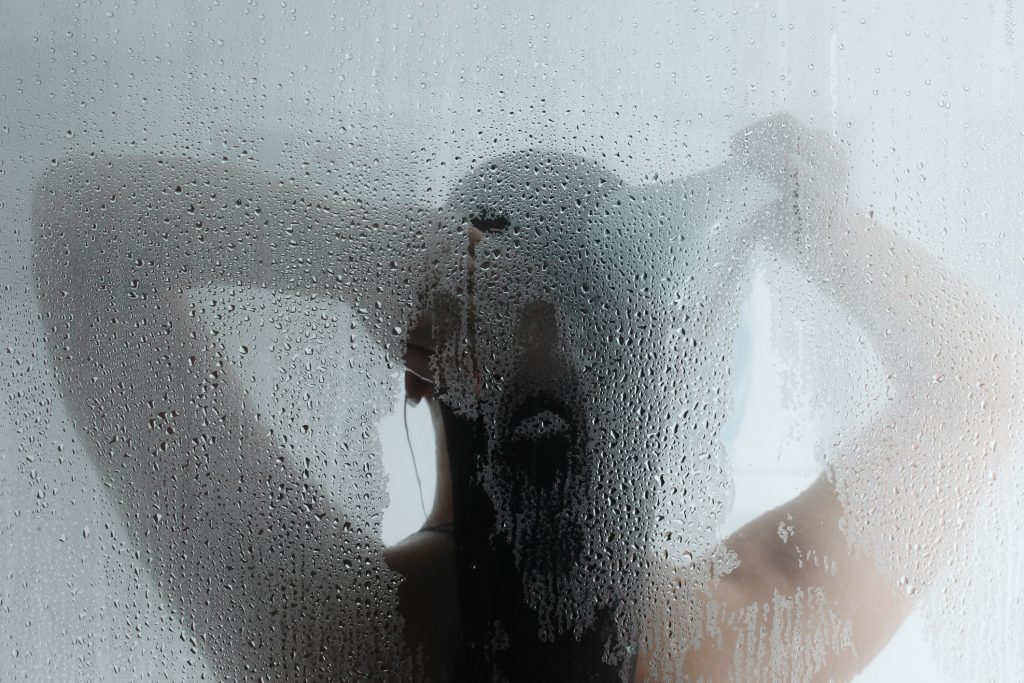We all know that scalding-hot showers, especially during the winter months, are damaging to your skin. But what is considered the “just right” Water Temperature?
According to most dermatologists, the ideal shower temperature is anywhere between 98°F and 104°F. Using lukewarm water allows you to stay comfortable and maintain your body temperature while reaping all the benefits of both hot and cold water.
But this general rule doesn’t mean you should stop taking hot or cold showers altogether. In fact, different water temperatures can deliver different health benefits, so varying your routine may be your best bet.

Read on to learn how to make the most of your shower and set the temperature just right based on your situation or goal.
Healthy Skin
A hot shower may feel amazing, but it has the potential to damage your skin. Prolonged exposure to hot water can strip away your skin’s natural, oily protective barriers, leaving you with dry, itchy, irritated skin. If you have sensitive or acne-prone skin, avoid showering with water hot enough to turn your skin pink or red. Rinse off with lukewarm water and apply a moisturizing lotion while your skin is still damp.
Shiny Hair
Many hair experts recommended washing your hair with hot or warm water and using cold water for the final rinse. Hot water opens your scalp’s pores, helping to remove dirt, oil and build-up from your hair. However, hot water can also increase dryness, frizziness, and breakage. Counteract these effects by ending with a cold or cool water rinse to seal the cuticles and lock in moisture. And don’t forget to use a conditioner to give your hair volume and shine.
Cold & Flu Symptoms
While a shower won’t make your cold or flu disappear, it can help treat a few of the symptoms. The steam from a hot shower opens airways, loosens phlegm, and clears out nasal passage, soothing coughs and relieving respiratory symptoms. Conversely, lukewarm water can help bring a fever down. What’s more, research suggests that taking a cold shower a few times a week may boost the immune system and make one more resistant to cold and flu viruses.
Workout Recovery
Both hot and cold showers can help speed up your recovery time post workout. Hot water can increase blood flow to the muscles and flush out lactic acid build-up from tired, achy muscles. Cold water narrows blood vessels and reduces inflammation, helping to prevent bruising and swelling.
Restful Sleep
Taking a hot shower one to two hours before bed can help you fall asleep faster and stay asleep longer. Hot water increases blood flow to your hands and feet and lowers your core body temperature. This signals to your body that it’s time for bed. As you drift off, your muscles relax and body tension melts away, gently promoting a restful night’s sleep.
Whether you prefer your showers cold, hot, or somewhere in between, one thing is certain: you rely on your home’s plumbing system to deliver a steady supply of water when you need it. If your shower feels more like a trickle than a rainfall, or your water heater simply isn’t keeping up with your family’s demand for hot water, contact Eagle Service Company today. From ongoing plumbing maintenance and repairs, to new system and fixture installation, we’re ready to get things flowing again and to your complete satisfaction.


